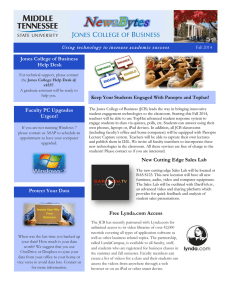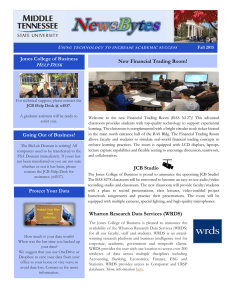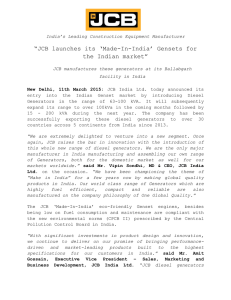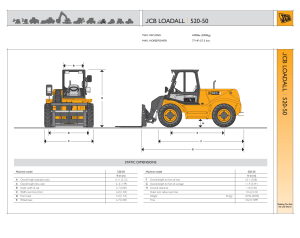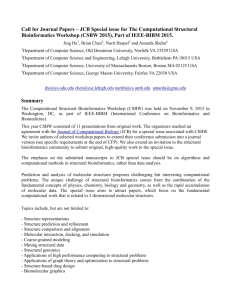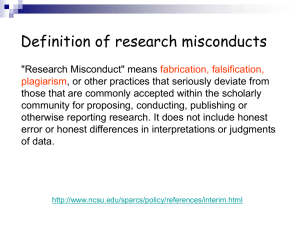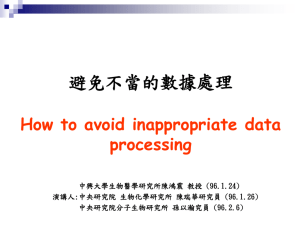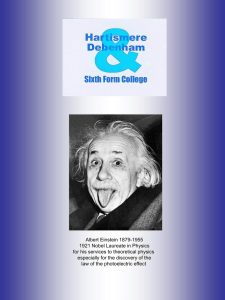Deprecated: mysql_connect(): The mysql extension is
advertisement
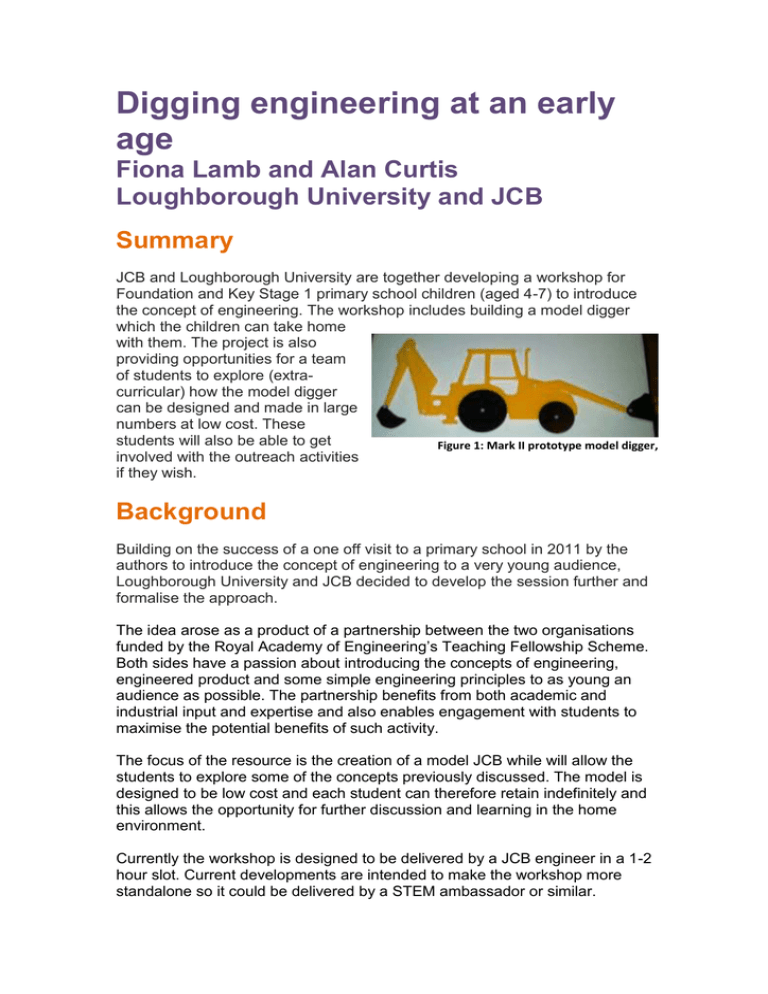
Digging engineering at an early age Fiona Lamb and Alan Curtis Loughborough University and JCB Summary JCB and Loughborough University are together developing a workshop for Foundation and Key Stage 1 primary school children (aged 4-7) to introduce the concept of engineering. The workshop includes building a model digger which the children can take home with them. The project is also providing opportunities for a team of students to explore (extracurricular) how the model digger can be designed and made in large numbers at low cost. These students will also be able to get Figure 1: Mark II prototype model digger, involved with the outreach activities if they wish. Background Building on the success of a one off visit to a primary school in 2011 by the authors to introduce the concept of engineering to a very young audience, Loughborough University and JCB decided to develop the session further and formalise the approach. The idea arose as a product of a partnership between the two organisations funded by the Royal Academy of Engineering’s Teaching Fellowship Scheme. Both sides have a passion about introducing the concepts of engineering, engineered product and some simple engineering principles to as young an audience as possible. The partnership benefits from both academic and industrial input and expertise and also enables engagement with students to maximise the potential benefits of such activity. The focus of the resource is the creation of a model JCB while will allow the students to explore some of the concepts previously discussed. The model is designed to be low cost and each student can therefore retain indefinitely and this allows the opportunity for further discussion and learning in the home environment. Currently the workshop is designed to be delivered by a JCB engineer in a 1-2 hour slot. Current developments are intended to make the workshop more standalone so it could be delivered by a STEM ambassador or similar. Project Highlights 1. Delivering a workshop that has had such a visible positive impact on the target audience. 2. Receiving HE STEM funding that has enabled us to build on our original success to deliver more workshops and to investigate a more standalone sustainable approach. 3. The high level of quality interest received from students interested in investigating how to produce the model in high volume, at low cost. A student team has been put together, running until May 2013. 4. The positive response from the school we intend to visit this year and others who have heard about the project. 5. Support and feedback received from all those we’ve asked, including the HE STEM SW spoke projects and team. Outcomes A second pilot workshop (10 July 2012) with revised prototype digger models. A student-led team working on the project. Production of a lesson plan to support the workshop (currently draft, will be updated as feedback is received). A plan for continued activity throughout 2012/13.
